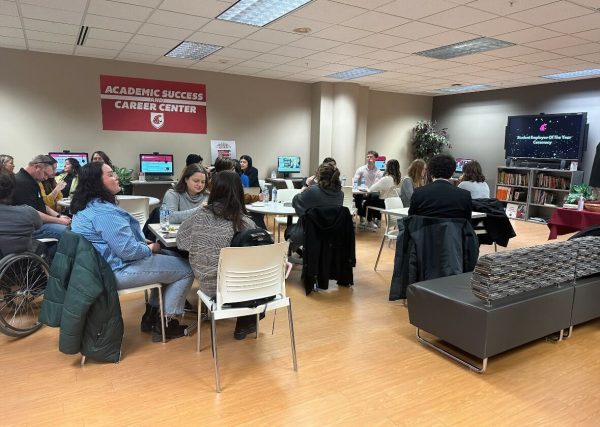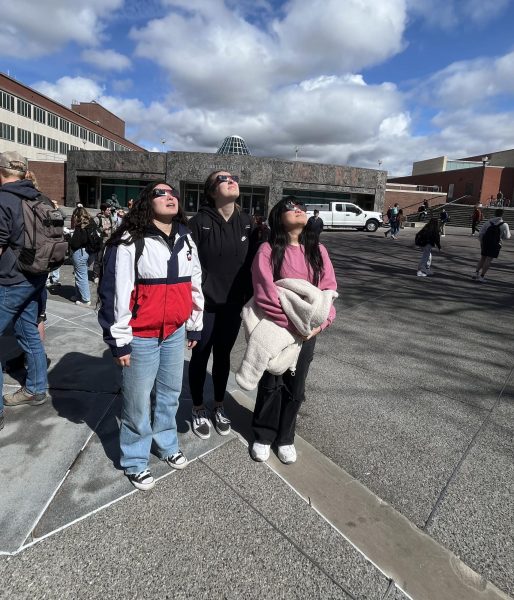‘An equal shot’
September 19, 2016
The Washington superintendent of public instruction said at a Coffee & Politics talk on Friday that he is suing several public school districts across the state for using local levy dollars for items which are the responsibility of the state.
Randy Dorn is a proponent of ensuring every child has a fair chance at education by drawing more state funding and support to public school districts, he said. He said the defendant school districts have paid for things like teacher compensation with money raised through property taxes, though it should be covered by state funds.
Dorn’s case is based off a 1977 Washington state court decision, in which Judge Robert Doran ruled the state was in violation of its constitution in leaving school districts to rely on local levies as a funding source for basic education.
The state failing to pay for essential educational items for school districts has again become an issue, Dorn said, and he hopes that his case will bring attention to it.
“My job is to advocate for every kid to have an equal shot,” Dorn said.
There is an inequality between rich and poor school districts, Dorn said. Rich school districts tend to have many businesses they can levy property taxes from, while poor districts might not, he said. When those districts are paying teacher compensation with levies, teaching positions in the richer districts can be more lucrative, he said.
“The one thing that we know that makes a dramatic difference in a kid’s education,” Dorn said, “is the quality of teacher.”
Dorn said the skills of a master teacher include being able to meet the needs of all children, handle students learning the English language, and make adjustments for special needs students. These make a tremendous difference in the learning growth of children, he said.
Dorn said the poor school districts tend to have more kids in general, as well as more minority children. He said teachers often work at these districts for two or three years before realizing they can go from their current salary of $44,000 to a substantially higher $60,000 by w orking for a richer district.
As poor school districts are stuck with more rookies, Dorn said, the richer districts get their pick of veteran teachers with years of experience. Dorn said to fix the issue, the state will have to pick up its share, but this is not possible unless the legislature raises new taxes.
“A year ago, in June, the legislator raised $16 billion for transportation,” Dorn said. “I only want $3 billion for education. I’m peanuts, I’m pocket change. I need somebody to tell me, when did roads take the place of kids as paramount duty of the state?”





















